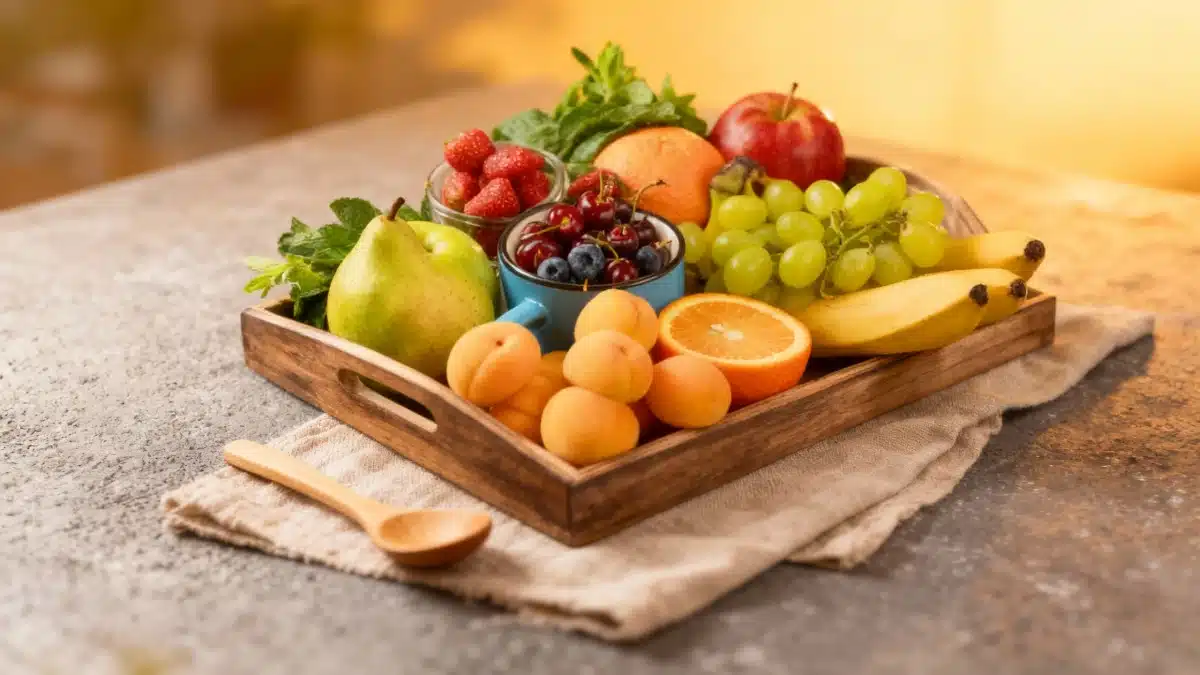What if the sweetest fruit of the season was hiding a less appetizing secret? Before you surrender to another mouthwatering bite of sun-ripened strawberries, let’s pull back the glossy red surface and take a sobering look at what’s really going on beneath that delicious taste.
The Alarming Truth Behind Your Favorite Summer Fruit
Picture this: it’s summer, fruit stands are bursting with juicy goodness, and strawberries take center stage—the stars of every picnic and dessert. But according to an eye-opening study carried out by the Environmental Working Group (EWG), strawberries top the charts as the most pesticide-contaminated fruit of the season.
And the bad news doesn’t stop at the skin (literally). While their delicate peel is particularly vulnerable, strawberries can actually absorb pesticide residues right into the flesh. So, it’s not just what clings outside, but what’s lurking inside that counts.
In 2024, the latest investigation swept through a range of popular fruits, including grapes, peaches, and pears. The results? Strawberries left all the competition behind when it came to chemical contamination. It gets even more worrisome: strawberries are also among the most heavily treated fruit crops throughout the entire growing process, making the issue impossible to ignore for anyone who loves these summer jewels.
Is There Hope for Strawberry Lovers?
You might be wondering, “Should I say goodbye to strawberries forever?” Not so fast! If you can’t resist strawberries when they’re in season, your best bet is to choose organic varieties whenever possible to reduce your exposure to pesticides. If your wallet isn’t on speaking terms with organic produce, don’t panic—just remember to wash your strawberries thoroughly in clear water. While it won’t remove every last residue, it does make a real difference.
Pesticide-Light Alternatives to Enjoy (and Other Troubled Produce)
Maybe your fruit bowl needs a makeover. If you want to steer clear of the most contaminated fruits, there is good news: lots of delicious options naturally contain far fewer pesticide residues—or practically none!
- Pineapple
- Kiwi
- Mango
- Watermelon
These sunny contenders are much less affected by chemical substances and can be confidently added to your diet. They’re not just tasty—they’ll help you fill up on vitamins and fiber while sidestepping many hidden risks.
A practical tip: If you’re looking for variety while cutting down on pesticide exposure, lean on these less-polluted fruits. Even better, consider adding papaya, melon, or organic peaches to your grocery list—these are becoming more accessible, and they offer refreshing alternatives without making you sacrifice on taste.
But wait—before you pop another grape, let’s clear up a common misconception: it isn’t just fruits that play host to harmful residues. Vegetables can be just as problematic, especially the softer types packed with water. Spinach, celery, and kale, for instance, are often found with high contamination levels. For safer meals, focus on local or seasonal vegetables with a better track record:
- Corn
- Sweet potatoes
- Asparagus
Want to do even more for your health (and your conscience)? Opt for organic veggies whenever it’s possible. Shopping local and in-season is another way to limit your contact with dangerous chemicals.
Smart Choices for a Safer Plate
In the end, indulging in seasonal fruit should remain a pleasure, not a source of anxiety. The world isn’t telling you to stop eating strawberries, grapes, or your favorite salad entirely—just to stay a little sharp about what you’re putting in your body. If you’re fresh fruit obsessed, opt for organic when you can or take the extra moment to wash conventional produce carefully.
Remember:
- Pineapple, kiwi, mango, and watermelon are delicious and much less contaminated.
- Organic peaches, papayas, and melons make smart swaps.
- Choose local, in-season, or organic veggies (especially sweet potatoes, corn, and asparagus) to cut down the risk even further.
By varying your fruit and vegetable sources and opting for those known to be less exposed to pesticides, you’re looking out not just for yourself but for your family as well. Because in the kitchen—and at the fruit stand—a little awareness is the secret ingredient to healthier, happier meals.

John is a curious mind who loves to write about diverse topics. Passionate about sharing his thoughts and perspectives, he enjoys sparking conversations and encouraging discovery. For him, every subject is an invitation to discuss and learn.






